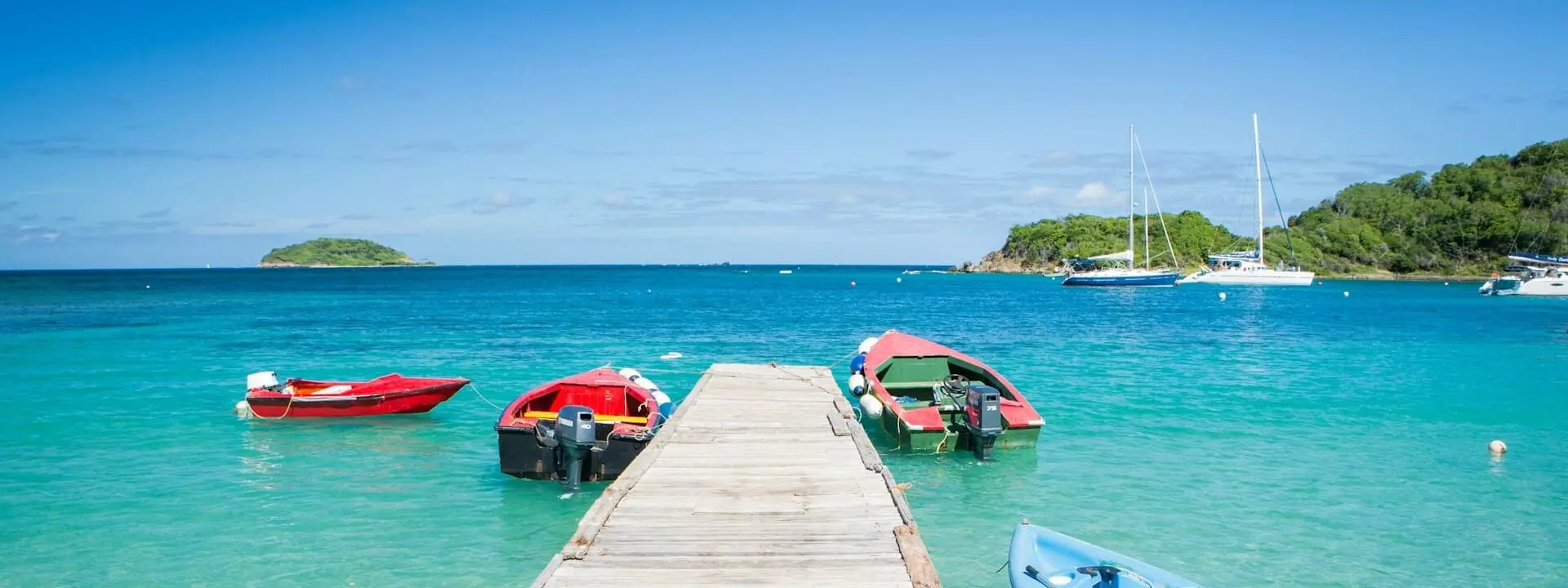Even after the shake-up with visa free travel over the last two years, Dominica is strengthening its international presence through regional partnerships—most recently by joining three Caribbean nations in an extensive free movement agreement.
Dominica, Barbados, Belize, and Saint Vincent and the Grenadines added a new layer to CARICOM citizenship by introducing unrestricted freedom of movement for their citizens on 1 October 2025, giving nationals the right to reside, work, and stay indefinitely in any of the four countries without visas or work permits.
Prime Minister Roosevelt Skerrit of Dominica hailed the initiative as “a win-win for all,” describing it as an essential move to tackle labour shortages and expand opportunities across the Caribbean.
“Free movement allows us to fill gaps in critical areas while giving our own citizens greater access to opportunities across the region,” said Skerrit.

This agreement represents the Caribbean Community’s (CARICOM’s) first real step toward full-fledged regional mobility—beyond the temporary economic movement allowed between CARICOM nations under the existing Skills Certificate system.
The new arrangement removes the six-month stay limit for Barbados, Belize, Saint Vincent and the Grenadines, and Dominica passport holders, granting citizens indefinite residence rights, including education and healthcare access for their families.
As Prime Minister Ralph Gonsalves of Saint Vincent & the Grenadines noted, it made little sense to promote movement while separating families:
“If you can move for work, but your spouse or children cannot access education or healthcare, the right is hollow.”
Governments have also rolled out security and data-sharing systems, including coordination through the CARICOM Implementation Agency for Crime and Security (IMPACS) and the Advanced Passenger Information System (APIS), to ensure regional safety while maintaining open borders.
Dominica’s stepping up comes at a pivotal moment in its global relations. On 19 July 2023, the UK Home Office announced that it would impose a visa regime on Dominica citizens, a change that impacted the travel flexibility of both its natural-born citizens and economic citizens.
Instead of pulling back, Dominica has increased efforts to strengthen regional partnerships and ties outside the Caribbean—evidenced from the visa agreements signed between Dominica and the Maldives and Tajikistan in 2025. Its leadership in this free movement pact signals a shift toward sustainable partnerships built from the ground up, rooted in Caribbean unity and economic cooperation.
“While Dominica has faced global challenges, it continues to strengthen its presence and the reputation of its citizenship program through meaningful alliances,” said Joe Rice, Head of Citizenship Programs at Global Citizen Solutions.
The accord provides access to skilled and semi-skilled workers from neighboring islands for nations like Barbados, which have aging populations and labor shortages.
Prime Minister Mia Mottley emphasized that this isn’t an open-door policy without oversight—security and labor protections remain in full effect.
“We’re not closing our eyes and swiping,” Mottley said. “We don’t welcome criminality; we welcome contributions.”
The free movement initiative is built under CARICOM’s Enhanced Cooperation Protocol, which allows subsets of member states to deepen integration even without full consensus among all 15 CARICOM nations.
Dominica and Saint Vincent and the Grenadines already participate in free movement under the OECS, marking Barbados’ and Belize’s inclusion as a major milestone for the region.

Despite recent visa setbacks, the Government of Dominica continues to build international partnerships through bilateral agreements. The growing reputation of the Dominica Citizenship by Investment Program and increased cooperation within CARICOM and the OECS not only benefits citizens but also foreign nationals looking to invest in the country.
Prime Minister Skerrit underscored the significance of this regional collaboration:
“In a world where many are building walls, the Caribbean must build bridges.”
The four-nation pact could set the standard for wider CARICOM adoption, laying the path for a truly integrated Caribbean mobility network.
Dominica’s decision to commit to this agreement signals a strategic shift: sure, a couple of doors abroad have closed for now, but new ones are opening closer to home, as shown by the Dominica passport climbing two spots to 76th in the Global Citizen Solutions’ Global Passport Index for 2025. By deepening Caribbean ties, the nation enhances mobility and opportunity for its citizens and reinforces its standing as a leader in regional unity and forward-looking diplomacy.

